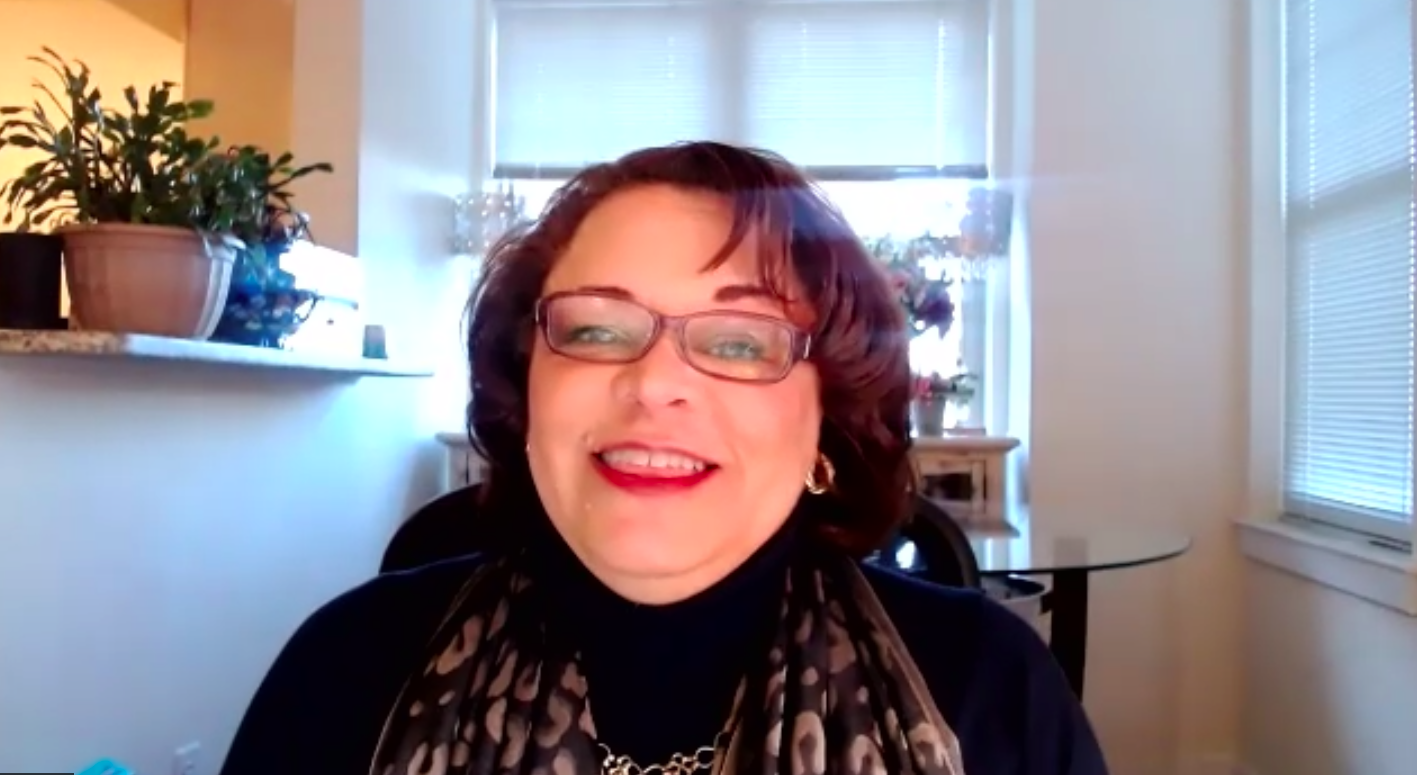Dozens of teachers, along with students, parents, policymakers, and community stakeholders, participated in a virtual symposium, Redefining the Future of Public Education, hosted by the Bridgeport Public Education Foundation and CEA.
Yesterday’s symposium explored topics such as special education, social emotional learning, engaging parents and other caregivers, technology, and the future of distance learning in a pandemic and post-pandemic world.
Addressing participants, whom she referred to as “mapmakers of our future education communities,” keynote speaker and NEA Foundation President Sara Sneed asked, “As teachers prepare for what school will look like in 2021 and beyond, when a vaccine becomes widely available, will we return to normal, will we nibble around the edges, or will we seize the moment and rethink what school can be and how we can transform learning opportunities for both students and educators?”
Pointing out that our current educational model was shaped over a century ago to prepare students for their places in life, she noted that it perhaps unintentionally sifted and sorted students based on deep-seated racial, economic, and cultural prejudices.
“There are new cries for justice in this moment,” said Sneed. “They include achieving enduring systemic changes that put equity at the center of all we do so that all students have an educational experience we can all be proud of. At least in our rhetoric today there is a greater social commitment to equity, and we can view these last months as an opportunity to reinvent our systems of education.”
In determining how we might transform what hasn’t been working for children, Sneed proposed considering the wisdom of experienced educators, students, and their families and redesigning schools to achieve more equitable teaching and learning.
“Justice is standing at the schoolhouse door, knocking and knocking,” she said. “Education is an engine for social progress.”
Building back better
The disruptions created by the pandemic have made clear that returning to business as usual in education is not an option, Sneed said. Borrowing a phrase from President-elect Joe Biden, she suggested we must “build back better.”
Working in small breakout sessions, symposium participants discussed what educational transformation might entail, including
- A new digital infrastructure to make distance and blended learning available to all students; technology, teachers agreed, is here to stay
- An equitable distribution of educational funding, resources, and opportunities across the country
- Black and brown children increasingly seeing themselves reflected in their teachers and leaders
- Relational trust at the center of school reopening post-COVID
- A safe, inclusive, welcoming environment for all students
Culturally responsive schools and curriculum are crucial, said Sneed, adding, “Connecticut has some really good things happening there.” She urged participants to “interrogate the curriculum to see if it’s culturally responsive, and engage teachers and parents in that interrogation.”
“Now is the time to transform—not reform—public education,” said Darien teacher and NEA Director Katy Gale. “This evening has given us a great start as we consider the future of public education here in Connecticut. It is the very bedrock of our communities. This begins our conversation, and it is an important one that can drive true change. All of you here this evening have shown an interest and support in advancing the cause of a strong public education system that works for all our students. Please take these ideas and share them with your own circles of those who have the same desire. We want to expand and continue this conversation. Our children and our communities are counting on us.”







